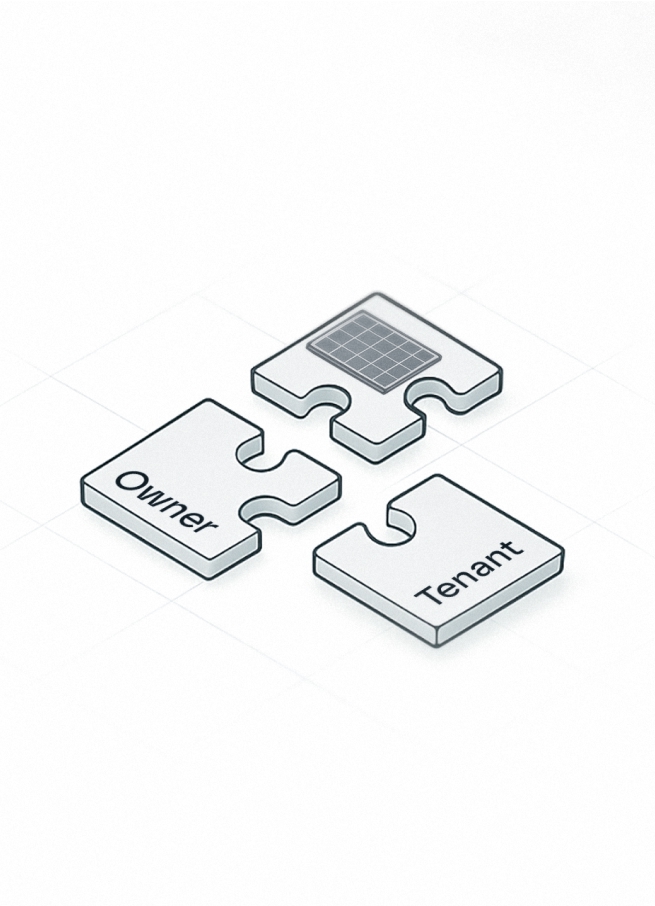Everything You Should Know About CA AB 802 | Ivy Energy

Everything you Need to Know about California Assembly Bill 802
Energy benchmarking is a concept that is increasingly getting mentioned in the area of real estate in California. It has become a crucial characteristic of buildings that property owners and managers of commercial buildings and multi-unit buildings now need to get accustomed to very well.Everything you Need to Know about California Assembly Bill 802
Energy benchmarking is a concept that is increasingly getting mentioned in the area of real estate in California. It has become a crucial characteristic of buildings that property owners and managers of commercial buildings and multi-unit buildings now need to get accustomed to very well. The California Assembly Bill 802(AB 802) is an important benchmark of energy usage for a building. Here is everything you need to know about it.
What is California Assembly Bill 802(AB 802)?
The CA AB802 is a statewide building energy usage benchmarking for disclosable(commercial and residential buildings over 50,000 square feet). Ever since it came into effect in 2016, it requires eligible property owners to submit an Energy Benchmark Report to the California Energy Commission on or before 1st June every year.
What is the Energy Benchmark Report?
Benchmarking refers to tracking a building’s performance in comparison to a set standard. It involves using energy, water, or waste usage metrics to compare a building’s performance to other similar buildings. The efficiency of the building is calculated by dividing the energy use intensity(EUI) by dividing the energy usage by the property’s square footage.
The Energy Benchmark Report is simply the comparison of EUI between similar properties(with adjustments of intensity-of-use and weather zone.
Who needs to Comply with AB 802?
Owners of buildings that satisfy the following conditions are required to comply with the law:
· A gross floor area of over 50,000 square feet.
· None or more than 16 residential utility accounts
Are there any exceptions to the compliance?
There are some exceptions that void the need to submit an Energy Benchmark Report. These are for:
· Buildings that are condominiums.
· Buildings scheduled for demolishment within a year of the report.
· Buildings with 1-16 residential utility accounts.
· Buildings which had no certificate of occupancy or temporary certificate of occupancy for more than half of the calendar year.
· Buildings with over 50% of the total area being in use for scientific experiments, manufacturing, or industrial purposes.
· Buildings which are benchmarked as pursuant in any local program on the official website of the Energy Commission.
How is the process of compliance done?
The steps to comply to CA AB802 will be as follows:
· Creating an account on www.portfoliomanager.energystar.gov
· Add the details of every disclosable building you own
· Input energy usage data
· Choose the appropriate reporting link on the benchmarking page on www.energy.ca.gov/benchmarking
· Submission of the report from the portfolio manager account.
What happens if you don’t comply with CA AB802?
According to the bill, “A Civil penalty to be $500-$2,000 per day for each category of data the person did not provide and for each day the violation has existed and continues to exist.”
If building owners fail to submit the report in time, they are offered a 30-day grace period after notification of the violation.
Are there any fees for creating the report?
There are no costs involved, should the owner choose to comply by themselves. The ENERGY STAR Portfolio Manager is a free tool that building owners can use for creating the energy usage report.
The California Assembly Bill 802 is not just a formality that building owners need to complete. It is a law that needs to be complied with strictly. There are some benefits that compliance can bring, apart from just avoiding the fine.





